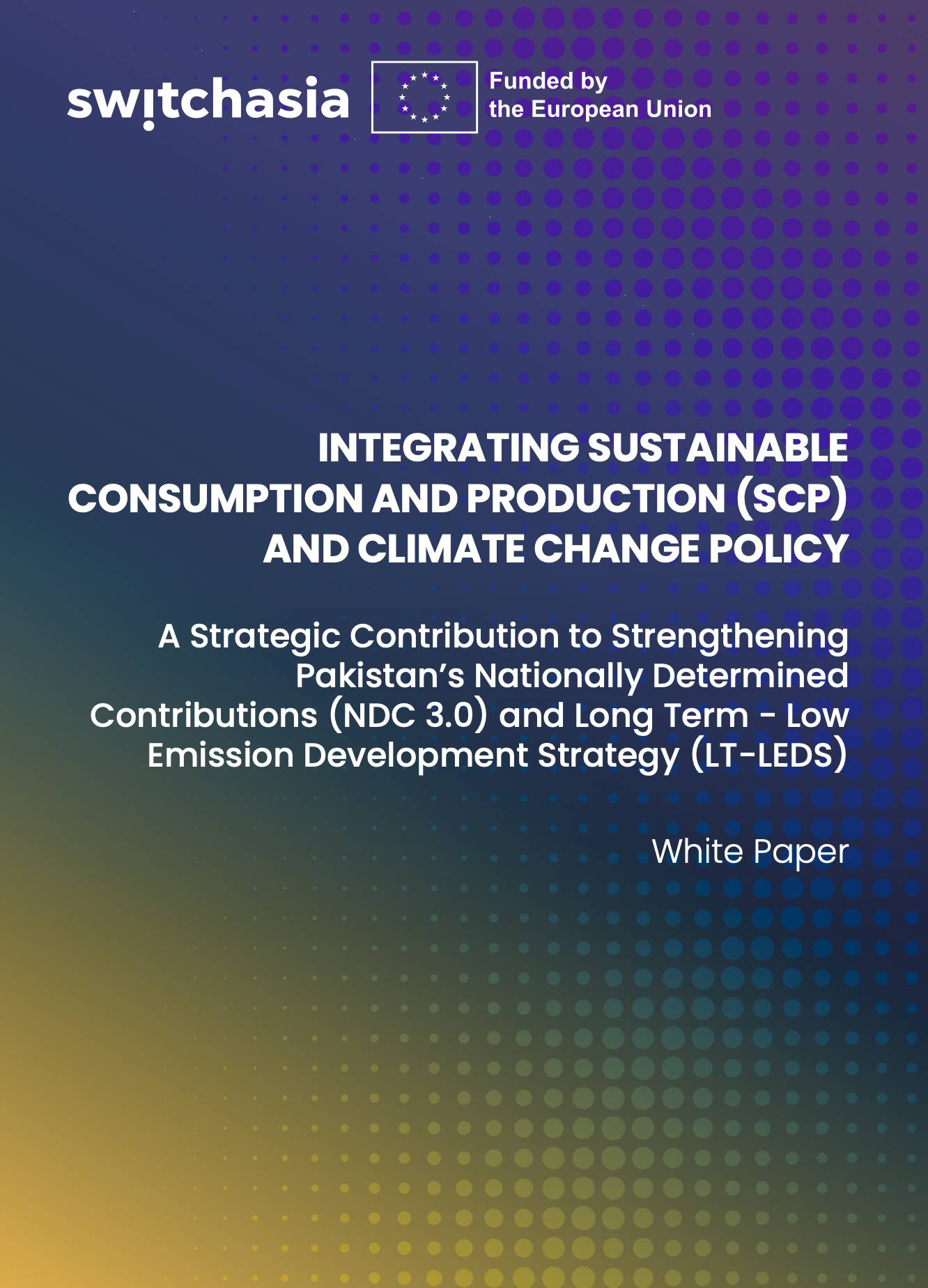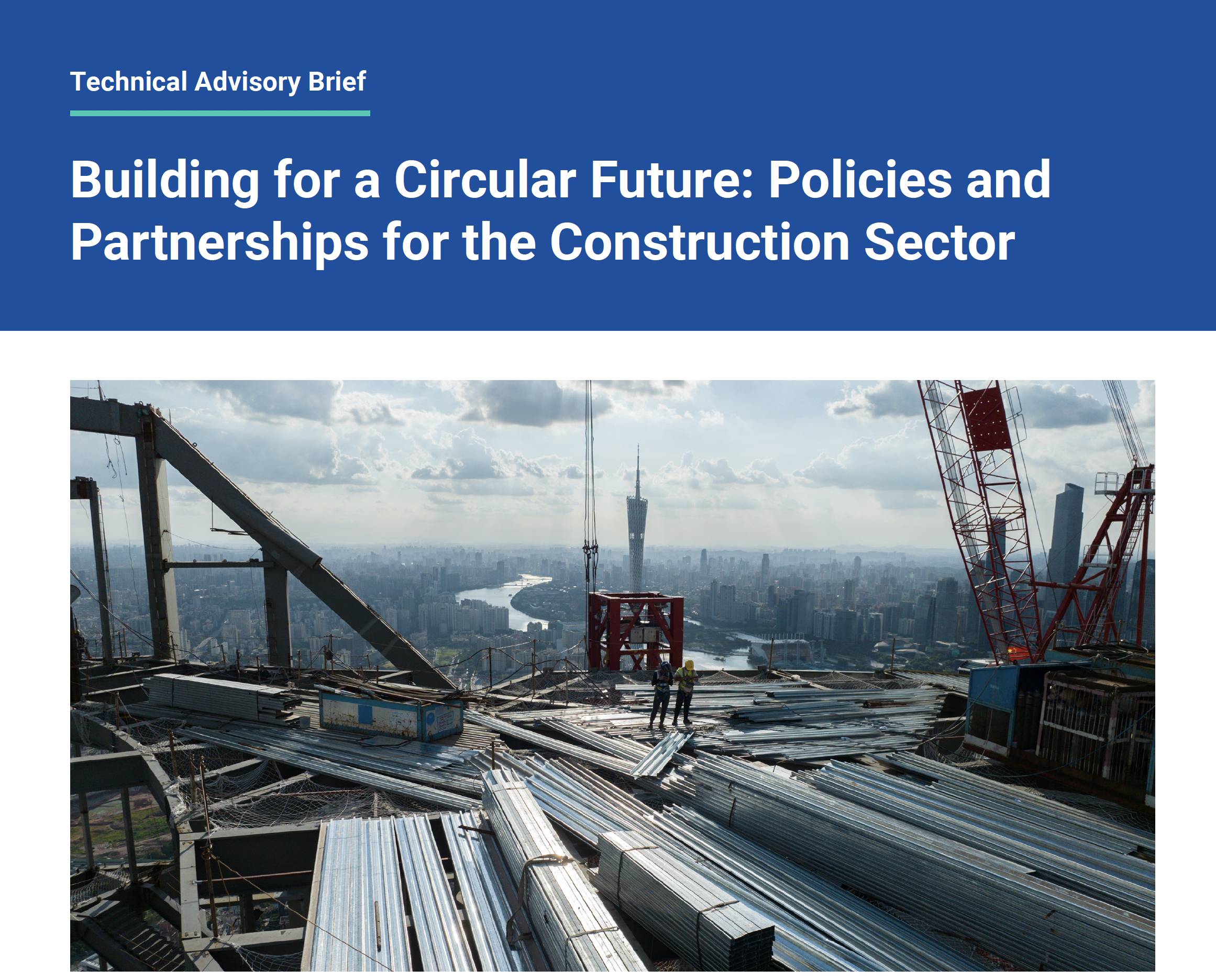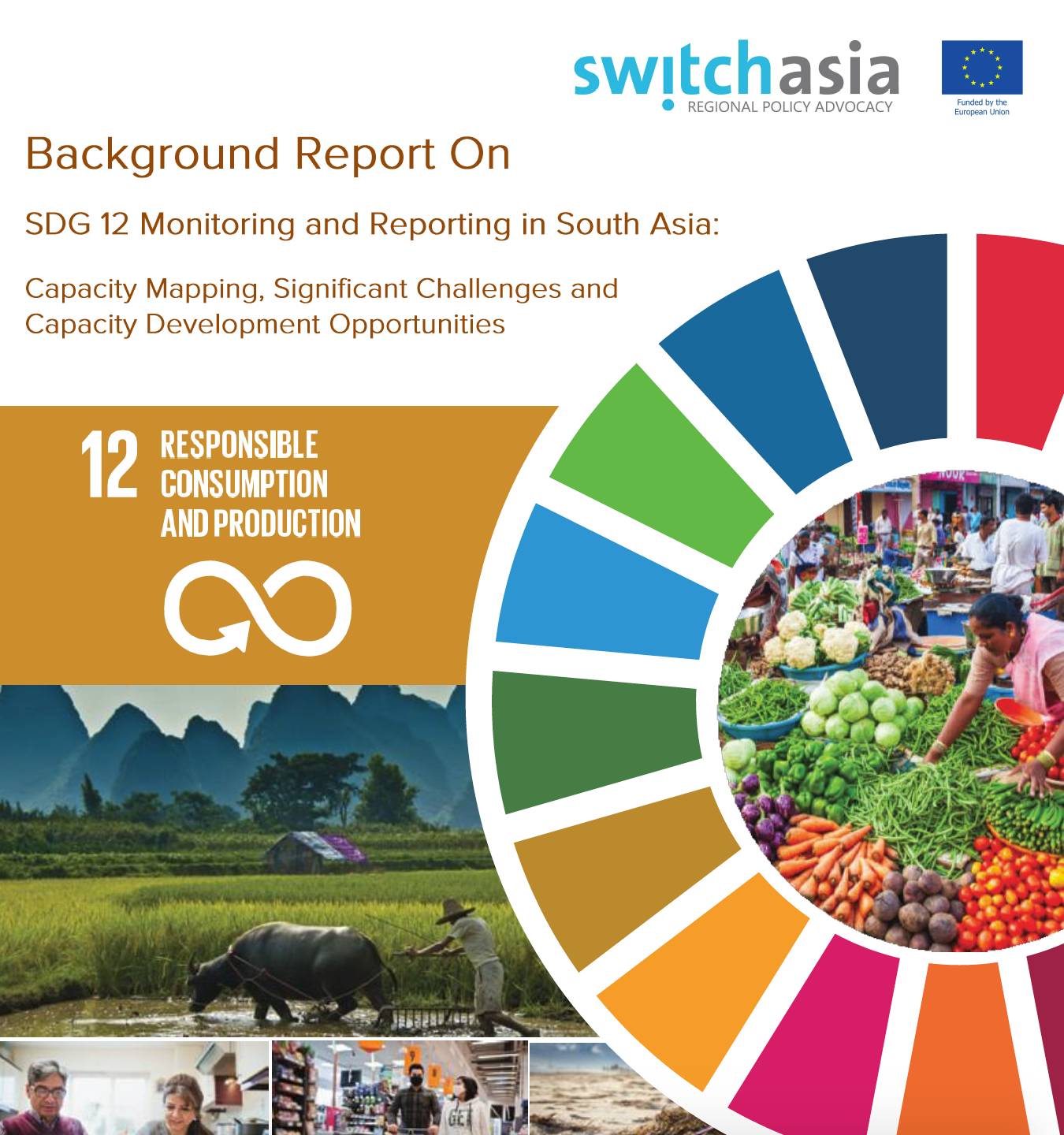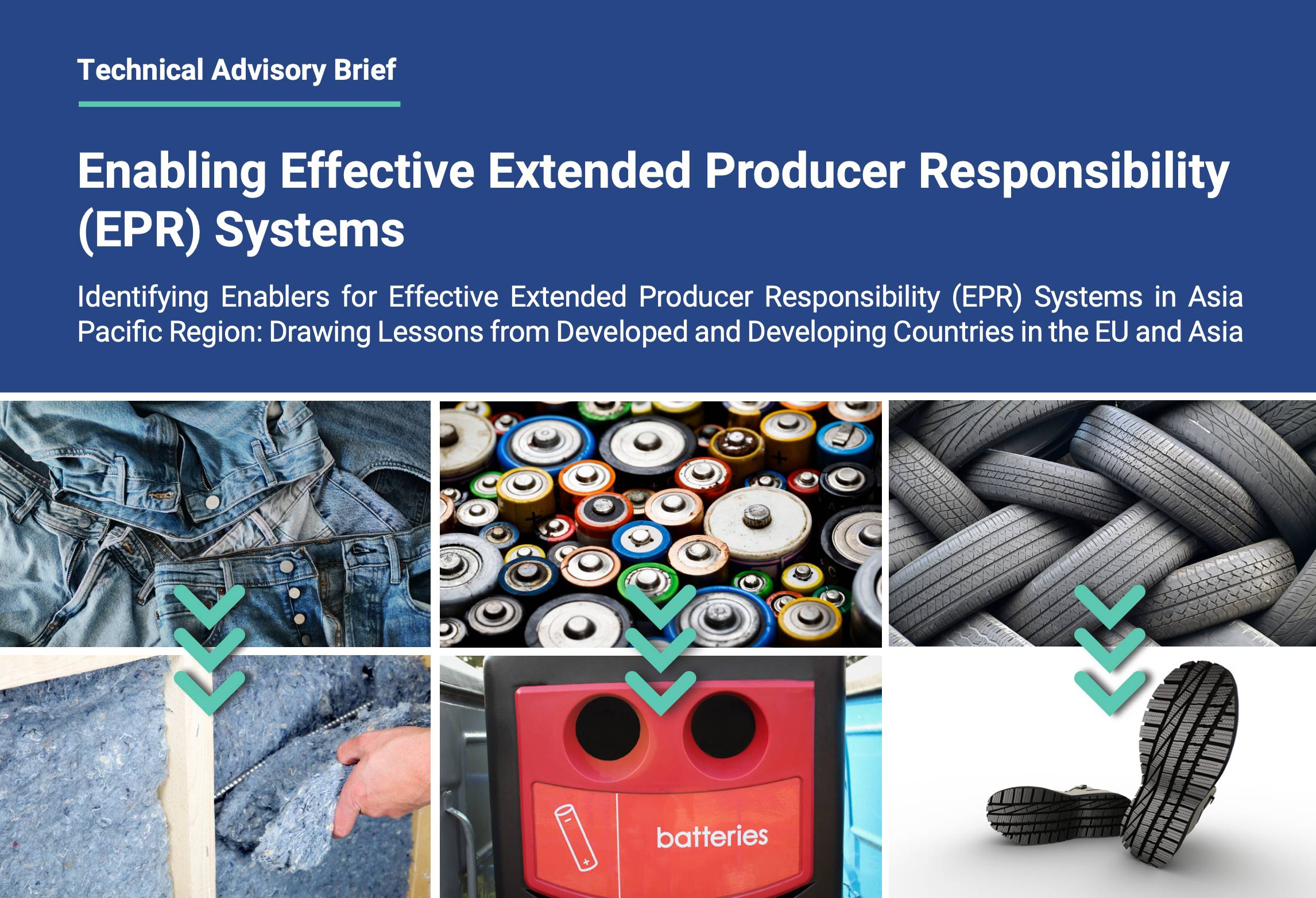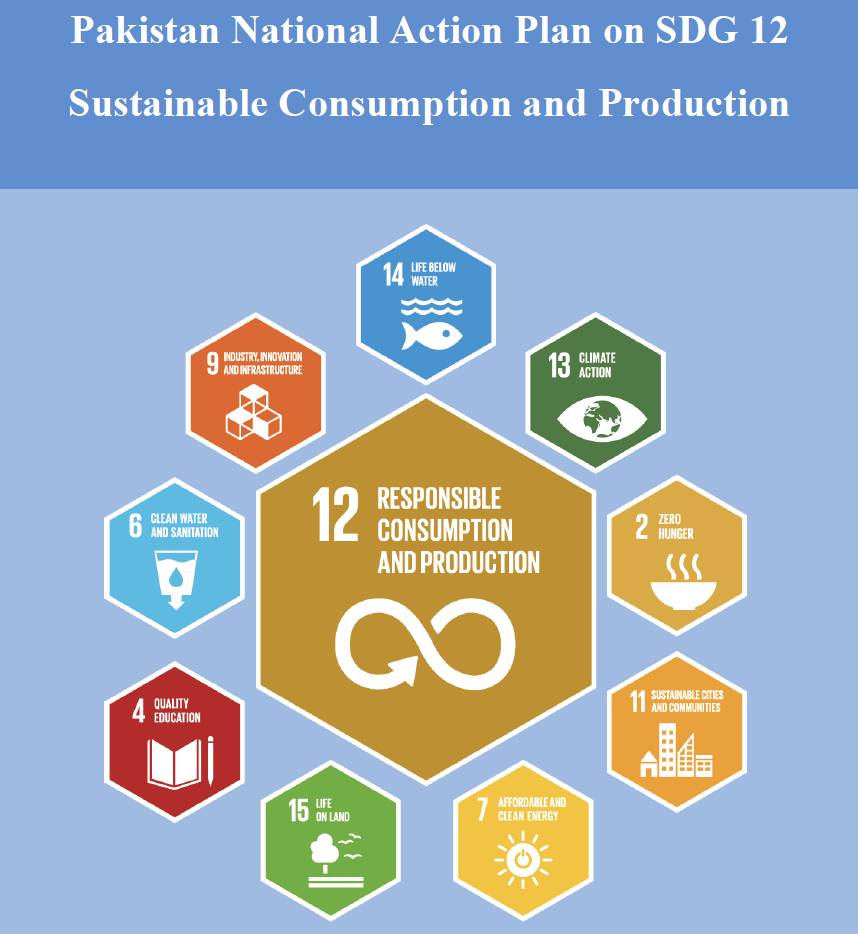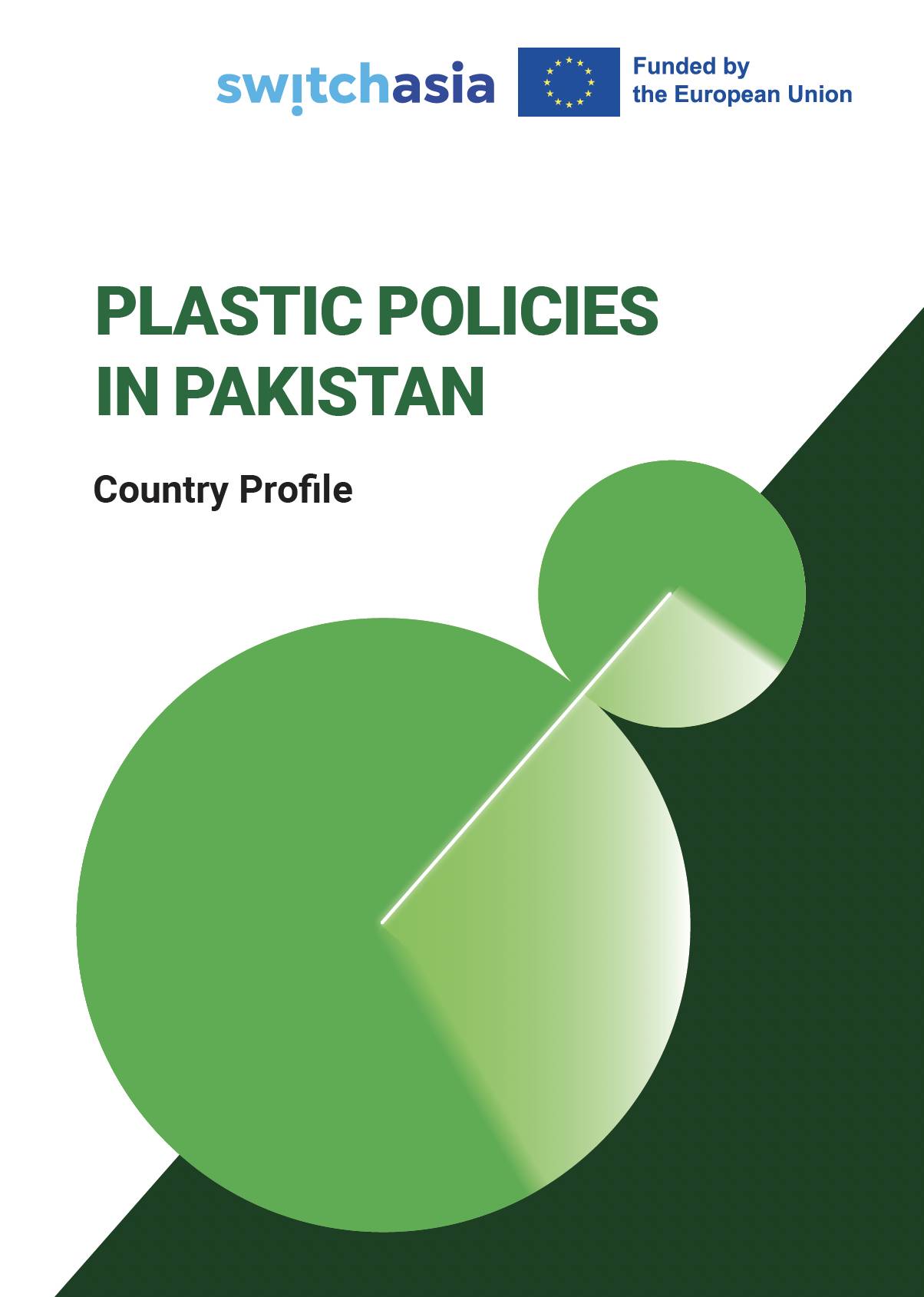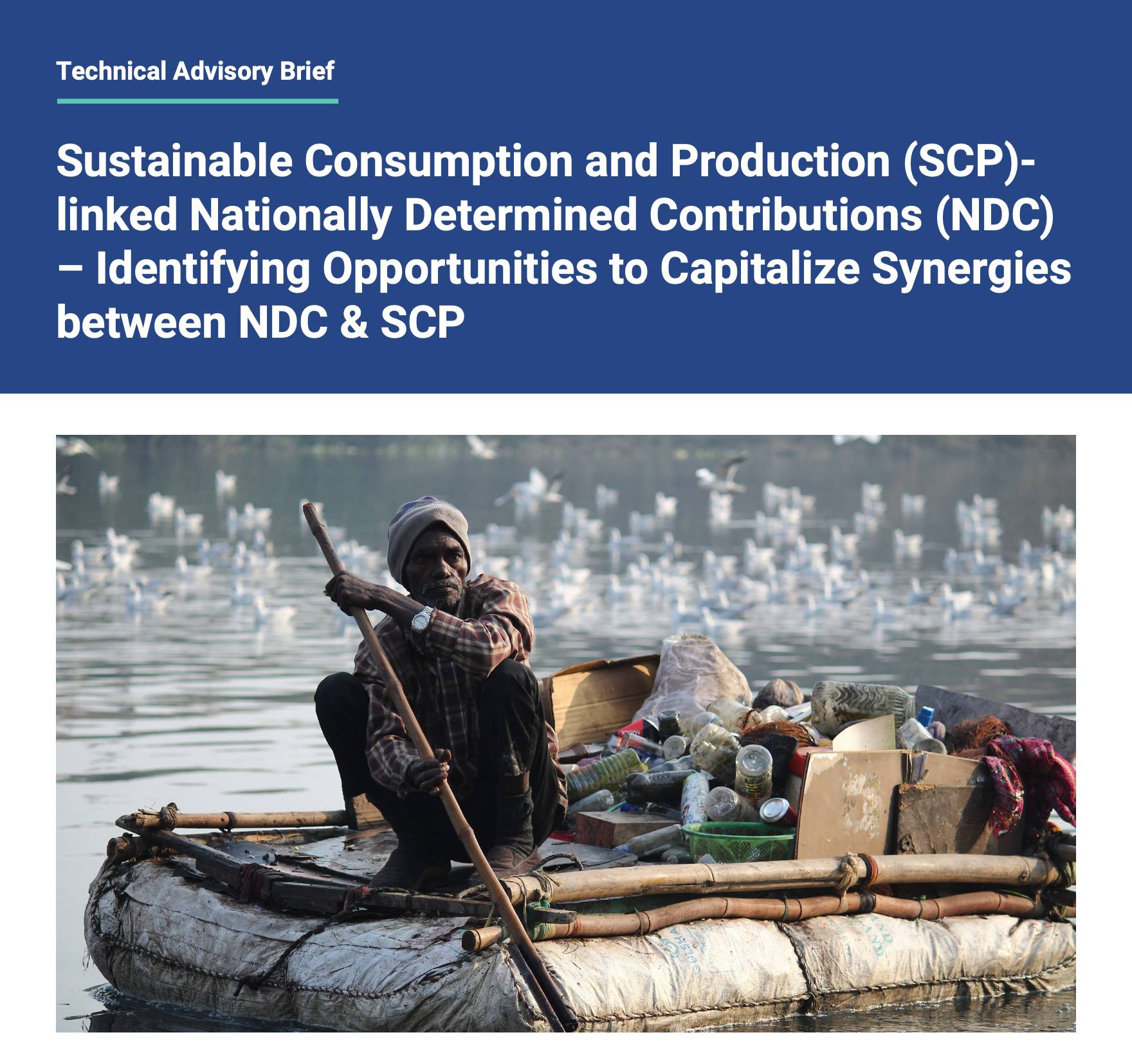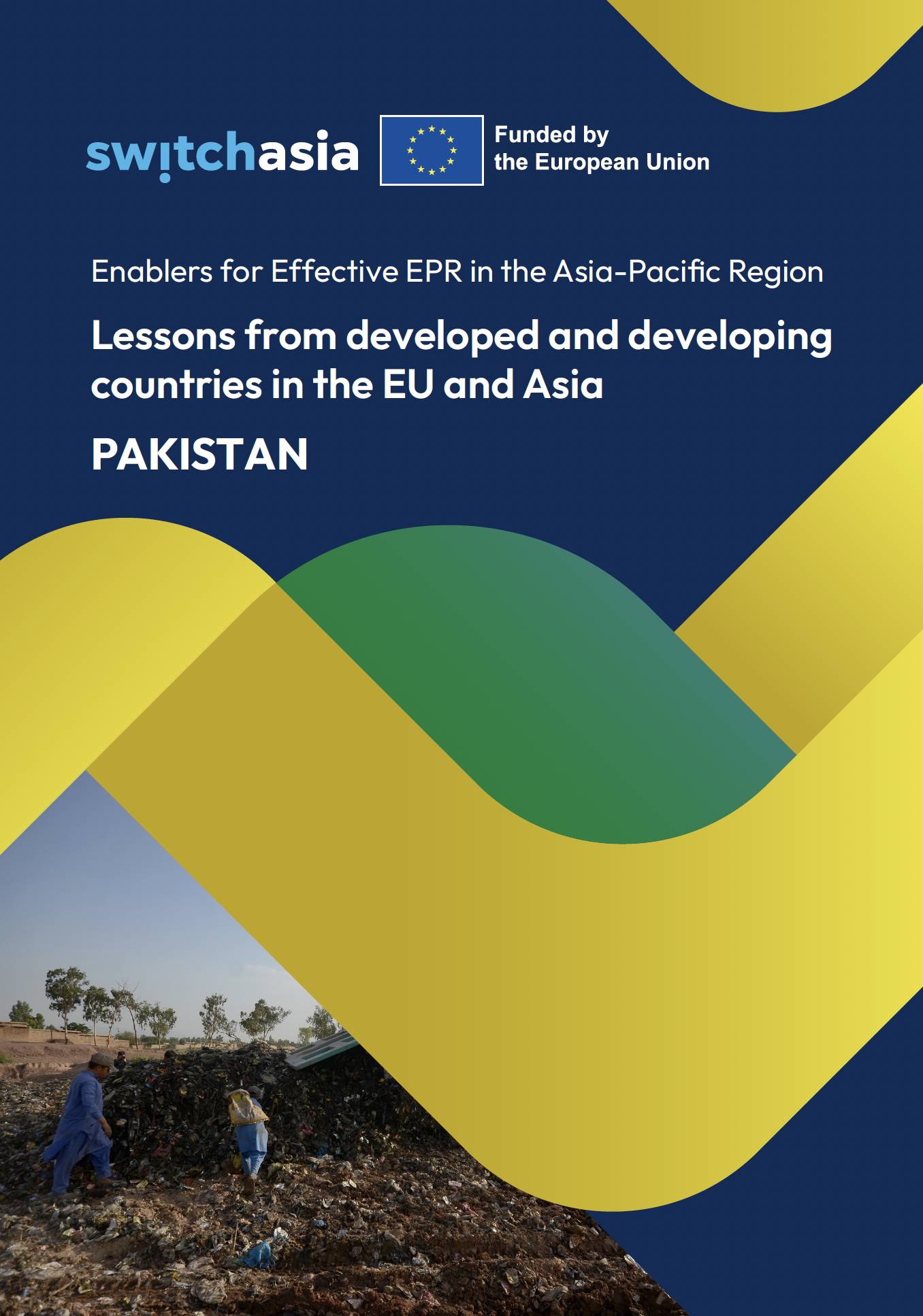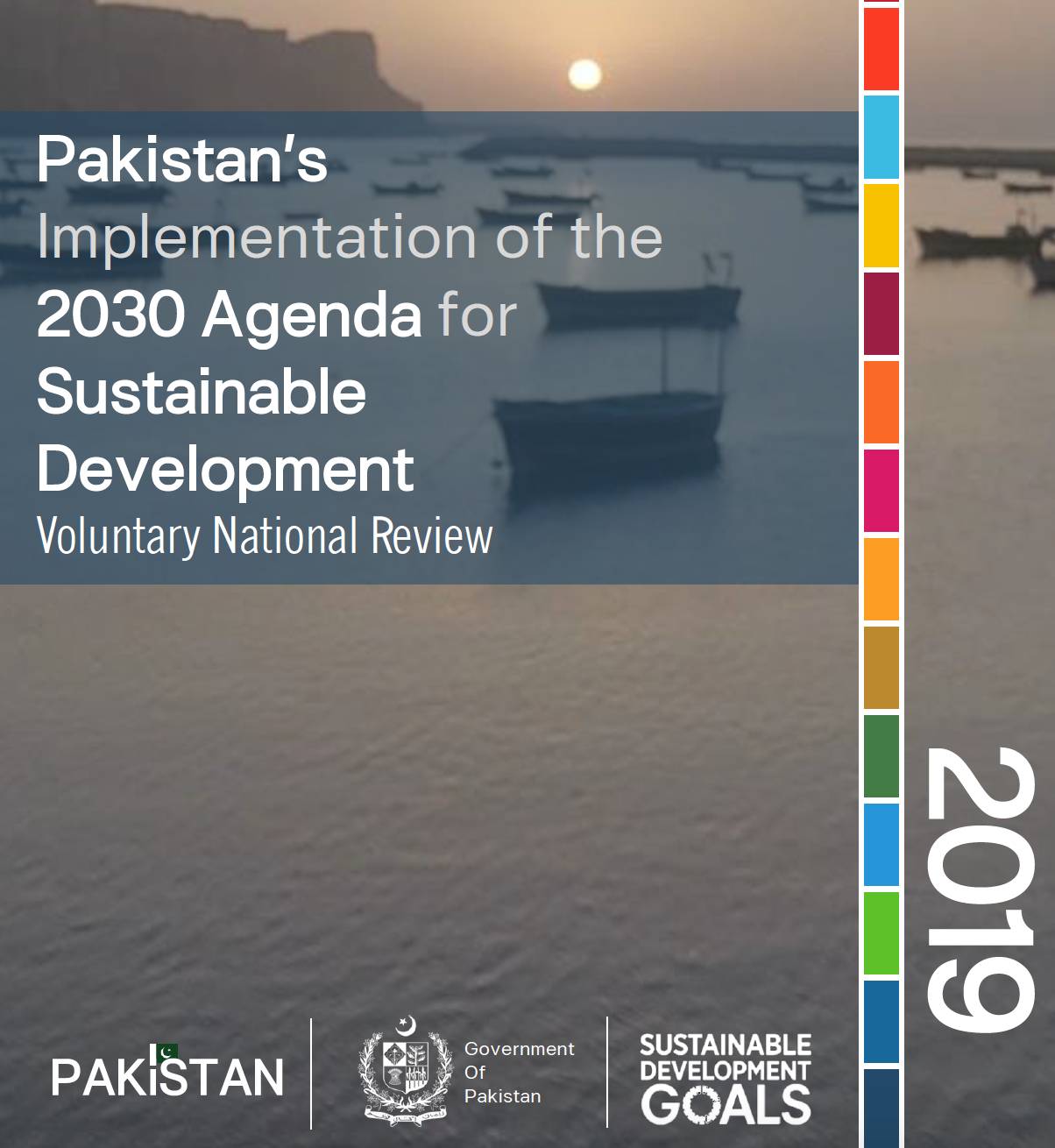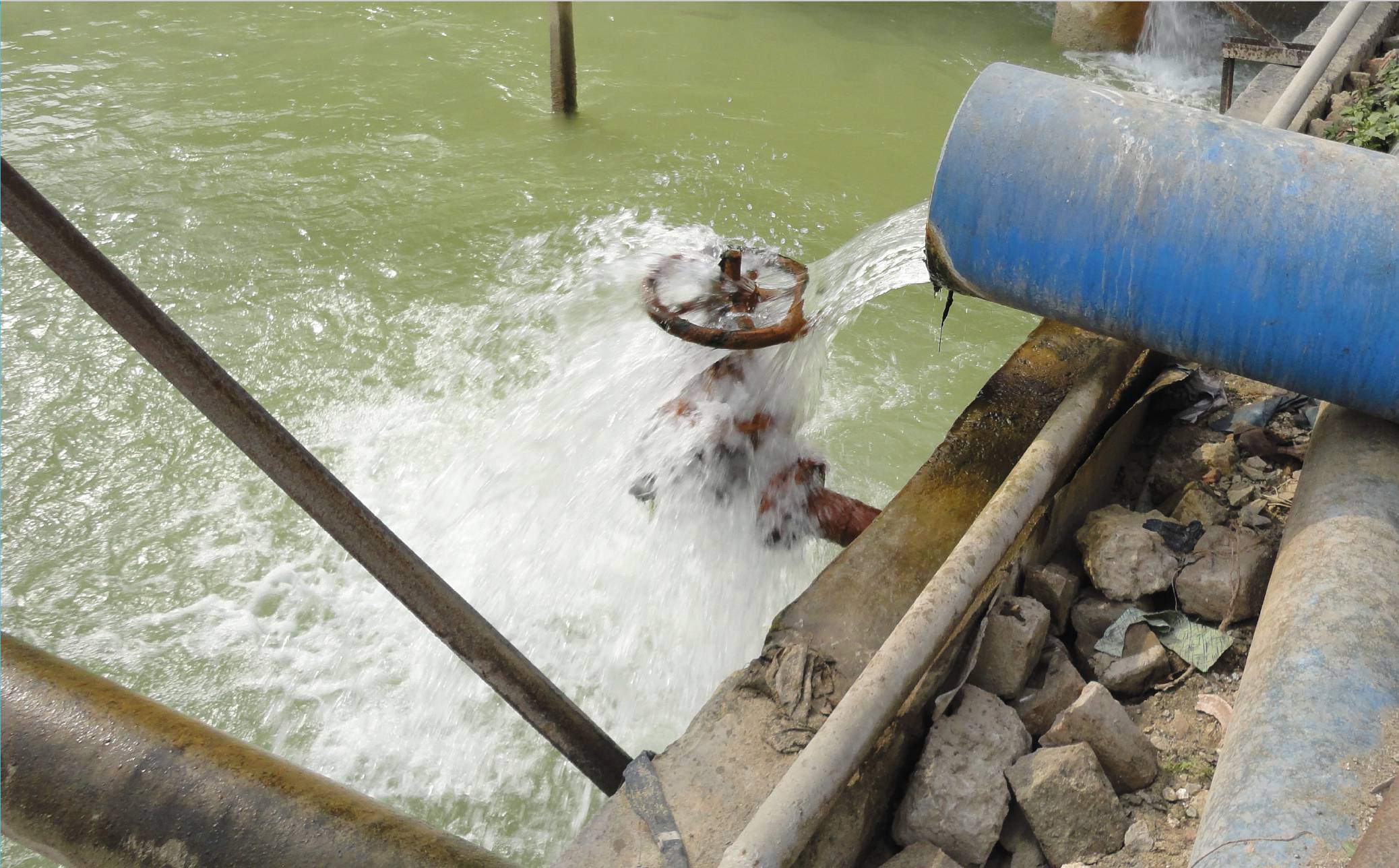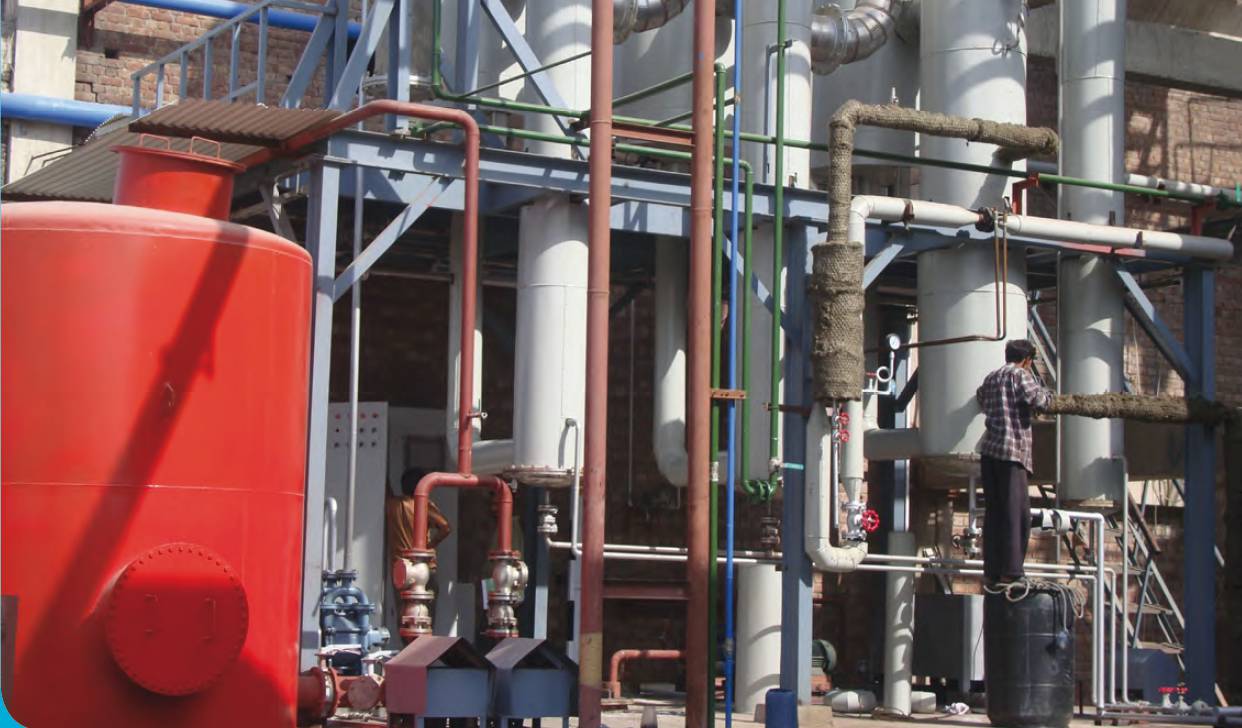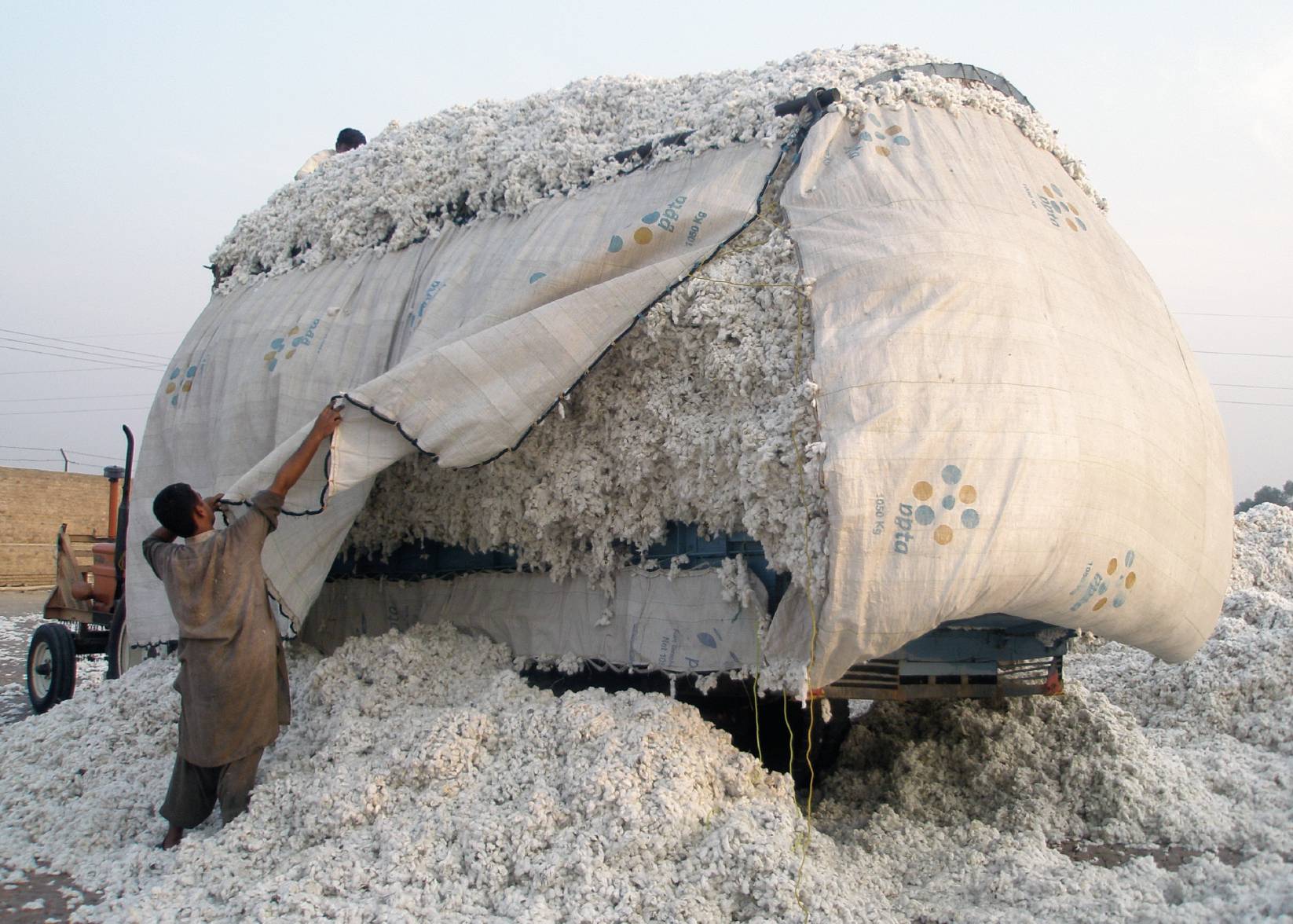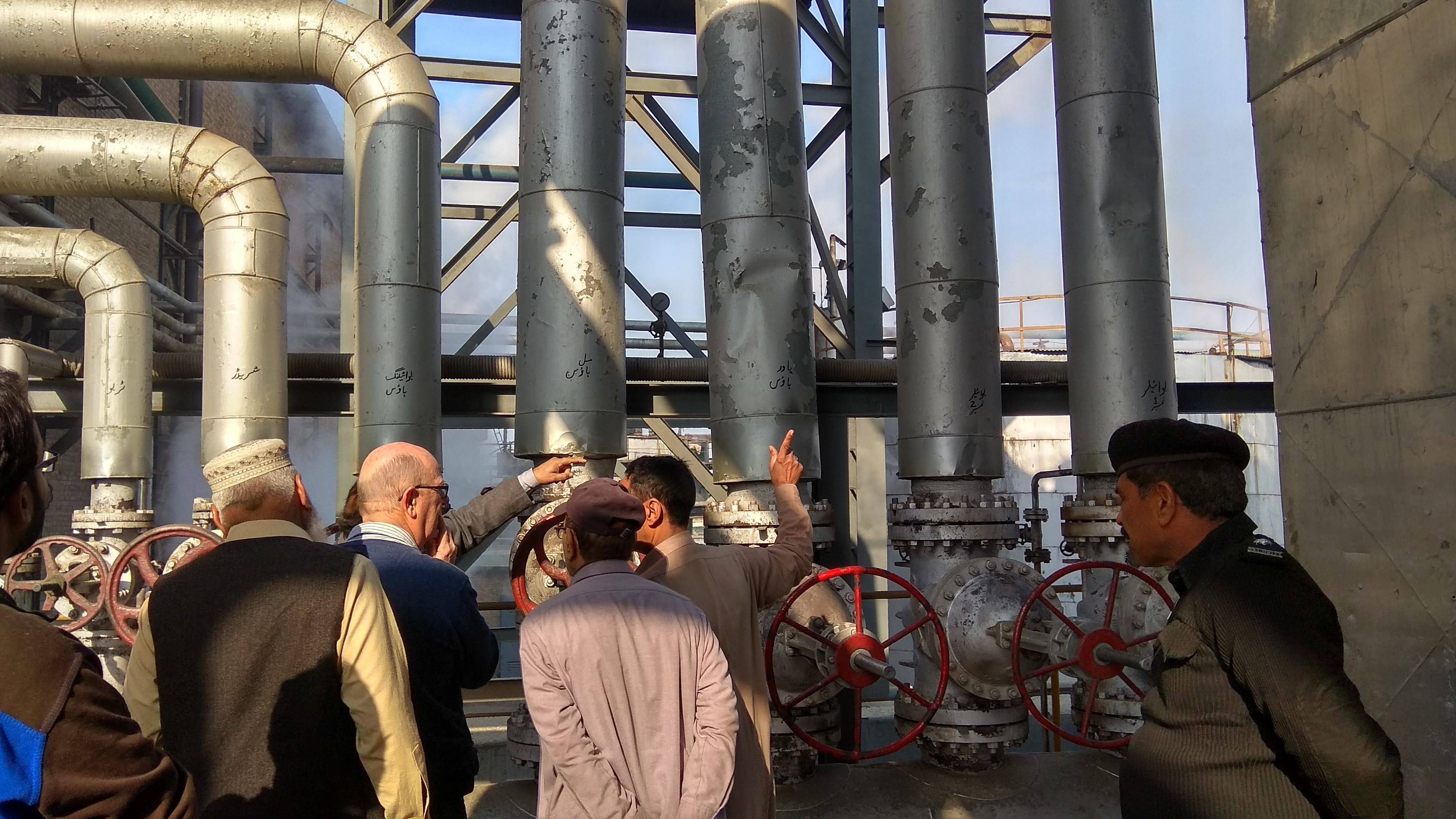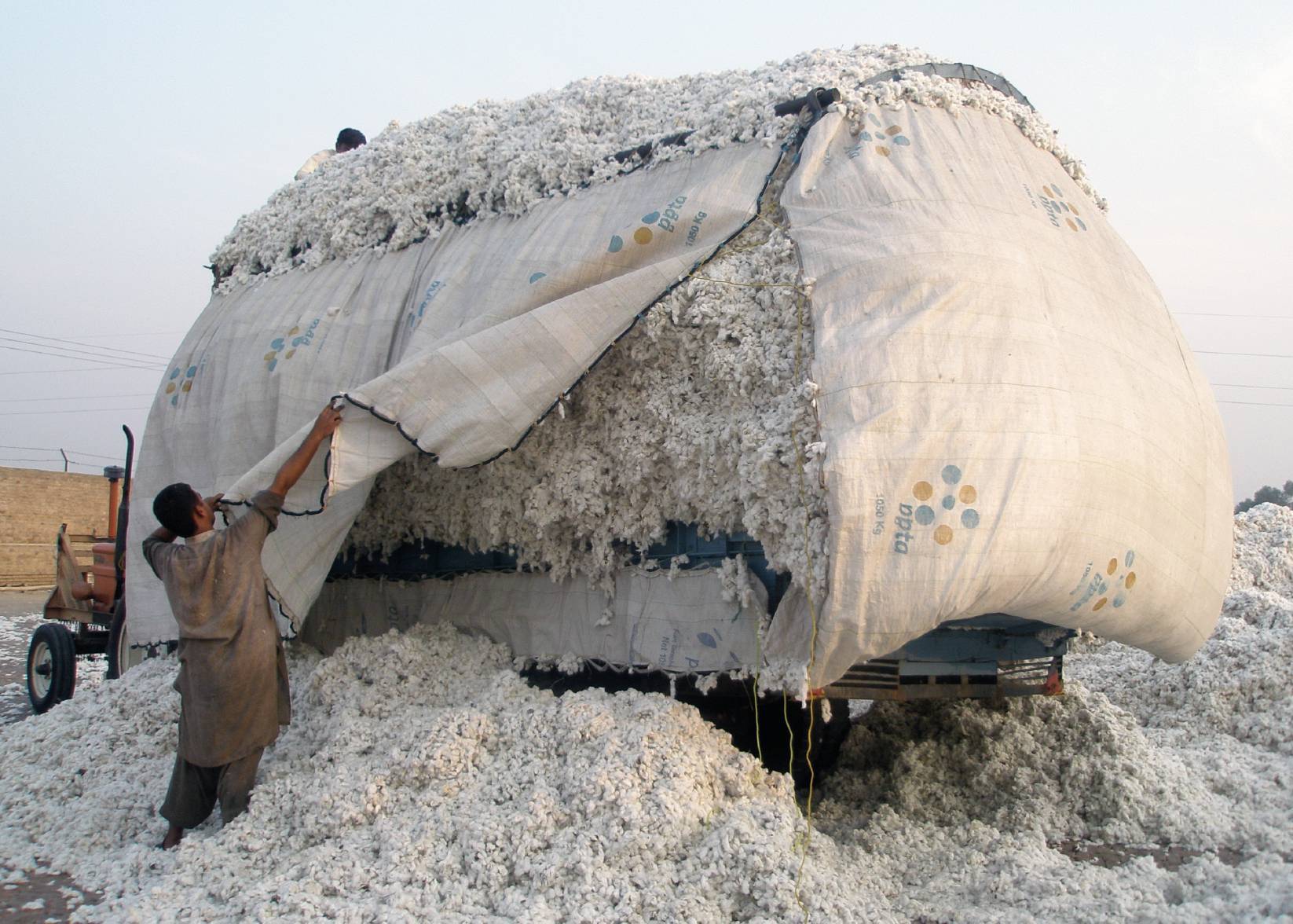
National SCP Context
Pakistan has embedded Sustainable Consumption and Production (SCP) principles in the National Action Plan on SDG 12 (2017)[1], which emphasizes resource efficiency, sustainable production, and cross-sectoral coordination across key economic sectors. Circular economy measures are reinforced through sector-specific instruments such as the National Hazardous Waste Management Policy 2022[2] and the Single-Use Plastics (Prohibition) Regulations 2023[3], which provide legal and operational mechanisms, including Extended Producer Responsibility (EPR), to promote lifecycle responsibility and proper waste management. The National Plastic Action Partnership (NPAP) Roadmap[4], launched in 2025, engages the private sector and supports public policy implementation to reduce plastic pollution. Pakistan is also progressing on the development of a Circular Economy Roadmap[5], which aims to provide high-level guidance for mainstreaming circularity across national planning and sectoral strategies.
Connection to the Global Agenda
Pakistan submitted Voluntary National Reviews (VNRs) in 2019[6] and 2022[7], reporting on progress toward SDGs, including SDG 12 on Responsible Consumption and Production. The National Economic Council (NEC), chaired by the Prime Minister and comprising provincial Chief Ministers, is the highest forum for development planning. The Pakistan SDGs Framework (approved 2018)[8] and its NEC Sub-committee on SDGs guide coordination, monitoring, and policy coherence. National strategies, including Pakistan Vision 2025[9] and Vision 2047[10], provide long-term guidance for sustainable development, resource efficiency, and circular economy measures, aligning national policies with the global agenda.
A key solution to Climate Change
Pakistan’s climate strategy is guided by the National Climate Change Policy 2021[11], the Updated NDC 2021[12], and the National Adaptation Plan 2023[13]. The NDC aims to reduce projected greenhouse gas emissions by 50 percent by 2030, including 15 percent unconditional mitigation and 35 percent conditional on international support, covering key sectors such as land use change and forestry, blue carbon ecosystems, health, waste management, and carbon markets. Priority actions include increasing renewable energy to 60 percent of the energy mix, phasing out imported coal, expanding protected areas, and implementing initiatives such as Recharge Pakistan to enhance climate resilience through nature-based solutions. The NAP (2023) further strengthens adaptation across water resources, agriculture, natural capital, urban areas, human capital, and disaster risk management, supporting Pakistan’s sustainable development and climate resilience objectives.
Priority sectors for Sustainable Consumption and Production
- Reducing plastic pollution and promoting Extended Producer Responsibility (EPR) through regulatory frameworks and awareness campaigns to improve recycling rates and minimize environmental impacts.[14]
- Advancing circular economy practices in industry, agriculture, and textiles by enhancing resource efficiency, promoting organic composting, generating bioenergy from crop residues, and encouraging sustainable production in textile manufacturing.5
- Improving construction and demolition waste management to encourage recycling, reduce landfill disposal, and promote sustainable building practices.5
- Promoting sustainable energy and resource use by encouraging renewable energy adoption and efficient material use across sectors.12
[1] Ministry of Climate Change. (2017). Pakistan National Action Plan on SDG 12 Sustainable Consumption and Production
[2] Ministry of Climate Change. (2022). National Hazardous Waste Management Policy 2022
[3] Ministry of Environment. (2023). Single-use Plastics (Prohibition) Regulations 2023
[4] UNDP. (2025). National Plastic Action Roadmap launched by UNDP, Government of Pakistan, and World Economic Forum to reduce plastic pollution in Pakistan.
[5] Sustainable Development Policy Institute. (2025). National Circular Economy Policy for Pakistan
[6] Government of Pakistan. (2019). Pakistan’s Implementation of the 2030 Agenda for Sustainable Development Voluntary National Review
[7] Government of Pakistan. (2022). Pakistan's Voluntary National Review
[8] Ministry of Planning, Development and Reform. (2018). Sustainable Development Goals (SDGs) National Framework
[9] Ministry of Planning, Development and Reform. (n.d.). Pakistan Vision 2025
[10] World Bank. (2019). Pakistan at 100: Shaping the Future 2047
[11] Ministry of Climate Change. (2021). National Climate Change Policy
[12] Government of Pakistan. (2021). Updated Nationally Determined Contributions
[13] Ministry of Climate Change and Environmental Coordination. (2023). National Adaptation Plan 2023
[14] Sustainable Development Policy Institute. (2025). Pakistan needs EPR policy on plastics, say experts
A look back at milestones that shaped our work
2018
SCP Facility
- Preliminary assessment of SCP related policies, activities, needs/gaps, and opportunities.
Regional Policy Advocacy Component (RPAC)
Facilitated the participation of Pakistani key-stakeholders in the following regional/ sub-regional activities:
- Asia Pacific Low Carbon Lifestyles Challenge (19-22 Mar 2018), hosted by Thailand, regional level
- Transforming Asia Pacific: Innovative Solutions, Circular Economy and Low Carbon Lifestyles (17-19 Sep 2018), hosted by Thailand, regional level
- Asian Circular Economy Leadership Academy (3-8 Dec 2018), hosted by Thailand, regional level
2019
SCP Facility
- Government point of contact for SWITCH-Asia officially addressed a specific request for support in the implementation of the national Green Buildings Code, waste management and plastics, and SDG12 Reporting.
- New concept note developed on i) Green buildings and ii) Waste management and plastics developed and agreed on.
WATCH THE VIDEO
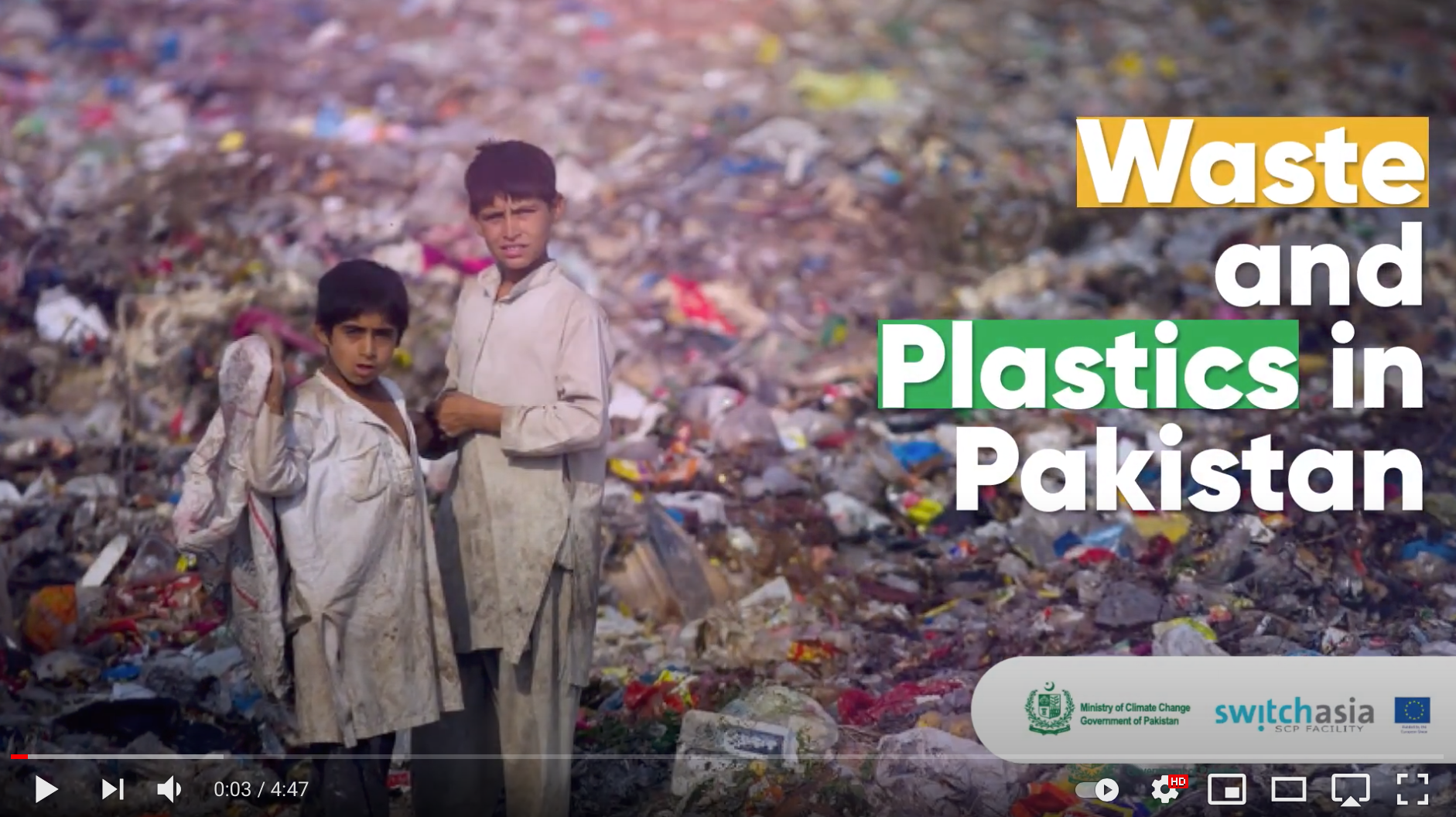
Regional Policy Advocacy Component (RPAC)
Facilitated the participation of Pakistani key-stakeholders in the following regional/ sub-regional activities:
- “Sustainability Reporting – Thinking Circular Economy by Businesses” - This event was organised back-to-back with 2019 Asia Pacific Forum on Sustainable Development (27 Mar 2019), hosted by Thailand, regional level
- Businesses Accelerating Inclusive Green Economies – "Leaving No One Behind” - Side event on the Responsible Business and Human Rights Forum co-organised by the Royal Thai Government, OECD, United Nations Development Programme (UNDP), ESCAP, International Labour Organization (ILO) and with the participation of the UN Working Group on Business and Human Rights (11 Jun 2019), hosted by Thailand, regional level
- WEBINAR: SDG 12.1 Reporting for SWITCH-Asia Countries – Connecting the dots between actions and reporting (5 Nov 2019), regional level
- Policy Dialogue on SDG12 Reporting (21 Nov 2019), hosted by Vietnam, regional level
- 2019 SWITCH-Asia Leadership Academy on Circular Economy (2-6 Dec 2019), hosted by China, regional level
- "Supporting decision making on SCP through training on Sustainable Procurement” - This event was organised back-to-back with International Conference on Sustainable Energy and Green Technology 2019 (11 Dec 2019, hosted by Thailand, regional level
2020
SCP Facility
- Assignment activities and deliverables for both assignments were developed and for each two experts recruited and launched in second quarter of 2020:
- Waste assignment seeks to raise awareness and increase efficiency on waste management, particularly plastics
- Building assignment seeks to integrate SCP considerations into the Green Buildings Code development already initiated in Pakistan
- Assignments delivered scoping studies, multi-stakeholder workshops and policy recommendations
Regional Policy Advocacy Component (RPAC)
- The RPAC has provided technical support to Pakistan for developing a monitoring and reporting framework for SDG 12 to strengthen reporting of Pakistan’s progress in achieving Goal 12
Facilitated the participation of Pakistani key-stakeholders in the following regional/ sub-regional activities:
- SWITCH2Green Meeting - RPAC initiated the discussion and shared the first report in 2020. (Apr 2020)
- Moving the Needle on Climate Change – The event was co-organised by the UNESCAP as a part of the 2020 Virtual United Nations Responsible Business and Human Right Forum (RBHRF) (10 Jun 2020), regional level
- World Environment Day 2020 – A media kit was provided to call for action to promote SCP as a part of the 2020 World Environment Day (WED) celebration (5-7 Jun 2020), regional level
- Intervention in regional forum: Webinar on Sustainable Lifestyles for Plastics & Packaging Waste Management During a Pandemic COVID-19 (6 Aug 2020), regional level
- SCP in Tourism: Opportunities and Challenges with COVID-19 (8 Oct 2020), regional level
- Innovation and Connectivity through Farm to Fork (13 Nov 2020), regional level
- Sustainable Lifestyles for SCP (19 Nov 2020), hosted by Thailand, regional level
- Sub-regional Workshop on SPP for SACEP Countries (25 November 2020), the event was organised in partnership with South Asia Co-operative Environment Programme (SACEP) for South Asia region, Sub-regional level
- Support to Steering Committee of SWITCH-Asia (3 Dec 2020)– RPAC provided support for the annual Steering Committee Meeting and proposed 2021 workplan, regional level
- Regional Policy Dialogue on Circular Cities (4 Dec 2020), regional level
- Regional Dialogue Driving Mechanisms for Eco-Design in Asia (9 Dec 2020), regional level
- Leadership Academy on Circular Economy 2020 (14-18 Dec 2020), regional level
- Webinar: Innovations & Startups (16 Dec 2020), regional level
2021
SCP Facility
- Assignments finalised deliverables and discussed results in two final workshops (March 2021, Green Buildings; May 2021 Plastics and Waste), with important contributions by selected stakeholders and government representatives.
- Development of Green Building Code in Pakistan › Resource Library | SWITCH-Asia
- Policy and Action on Waste and Plastics in Pakistan › Resource Library | SWITCH-Asia
Regional Policy Advocacy Component (RPAC)
- Federal Consultative Roundtable Dialogue on Reporting and Monitoring of SDG 12 in Pakistan (18 Jan 2021) - to present the draft report proposing a framework for SDG 12 monitoring and reporting in Pakistan to strengthen national reporting on Goal 12.
- World Environment Day 2021 (5 June 2021) – Webinar on “Ecosystem Restoration in Sustainable Consumption and Production Context” to highlight linkages between ecosystem restoration and principles of SCP and strengthening a dialogue on green economy and SCP in Pakistan.
Facilitated the participation of Pakistani key-stakeholders in the following regional/ sub-regional activities:
- Contextualising the Circular Economy for Action (4 Feb 2021), regional level
- Technology for Circular Economy: A Prologue to the 2021 SWITCH-Asia Leadership Academy (25 March 2021), regional level
- Circular Economy and Sustainable Lifestyles Course (18 May 2021) – launch of offline course on SCP for policy makers and young professionals, regional level
- South Asia Policy Dialogue on the Role of Businesses in Accelerating SCP (23 March 2021) – to disseminate the findings of the RPAC Study on SCP – Stocktaking of Perspectives in South Asian Business, sub regional level
- GO4SDGs High level launch in Asia and the Pacific (21 April 2021), regional level
- World Environment Day 2021 (4 June 2021), regional level
2022
SCP Facility
- Green buildings assignment carried on, focused on developing specific parts of Pakistan Social Housing Programme as piloting for green building code.


